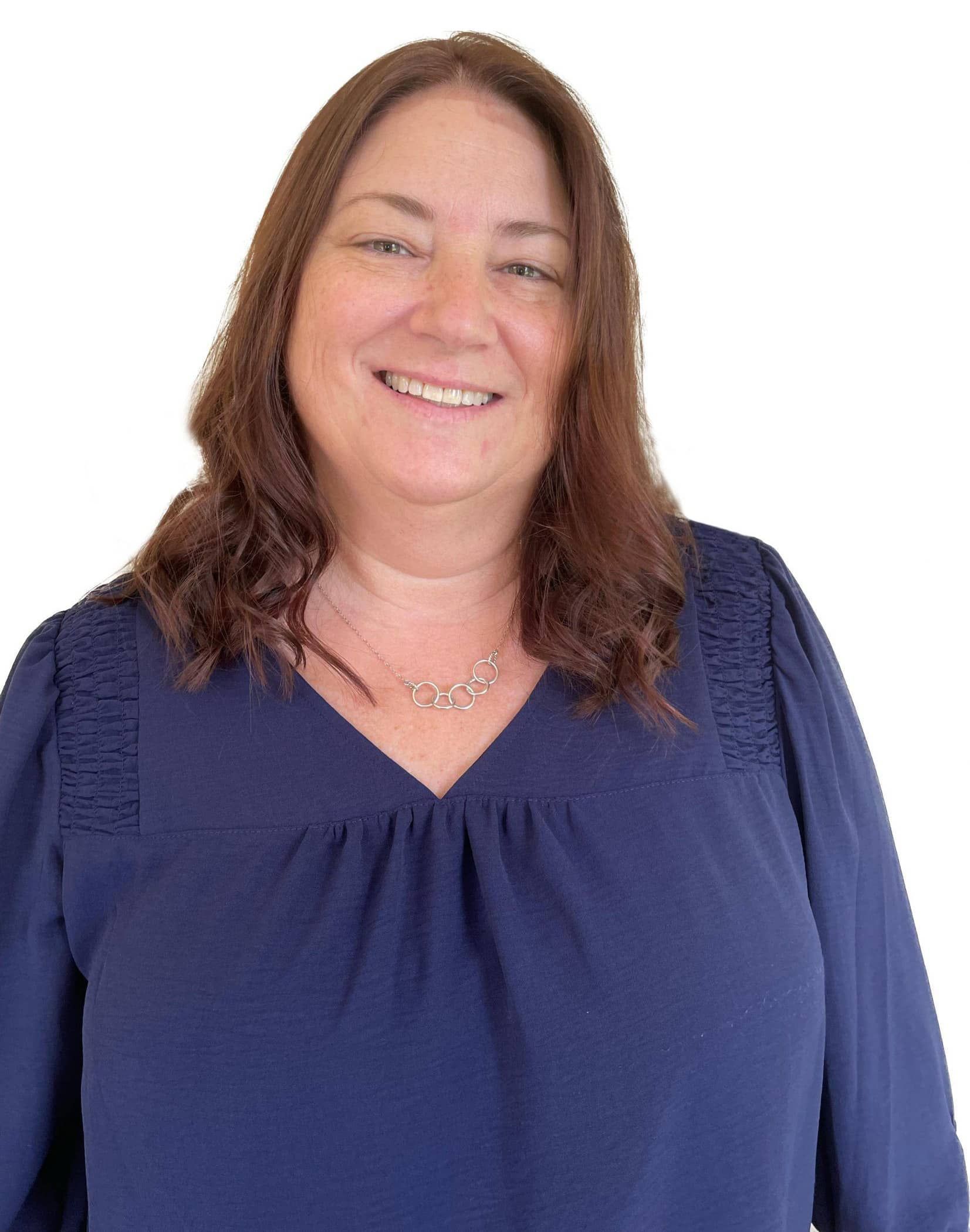Why We Make Caring Cradle® for You
Historically, when a mother suffers a stillbirth, or when the baby dies after birth, she needs time to say goodbye to her baby. These last moments are a normal and healthy part of a mother’s experience of grief. However, this puts the nurses in a position where they must wrestle with the unpleasant reality that death brings about changes to the body of an infant that are unkind. Moved by compassion, the nurses choose to save their patients from additional trauma by rushing separation.
Mothers report never seeing the face of their baby or being allowed only a glimpse. Others are given only minutes to say goodbye. For some, their baby was brought back and forth to them from the morgue. Other babies are placed on ice or put into refrigerators on the unit. None of these options are acceptable, and they are upsetting on their own. Additionally, when rushed to separate from their baby, the irony is that mothers report trauma from not being afforded the extra time to say goodbye.

Hello,
My name is Wendy Kowalski and I am here to serve you.
I want to extend a warm and heartfelt welcome to you.
You are here because you are either a mother who has had a baby die; a family member; a nurse; or someone close to the loss of a baby.
Made specifically for the hospital environment, the Caring Cradle® is designed to serve mothers and nurses.
There are times we hear comments from people who do not understand what we do.
They say things to us like: “Don't talk about this, it’s so sad,” or “It's better to not dwell on this, don't make a big deal about it,” or even, “that's weird, no one wants this.”
Our response to these comments, and more, is:
“You are right, it is sad!”
However, there are approximately 26,000 babies lost to stillbirth in the U.S. alone, each year. That leaves 26,000 sad. And many other people are touched by the loss of one baby.
It's impossible to count the other family members, siblings, friends, clergy, church members, work associates, neighbors, mental health professionals, the nurses, the other hospital staff who care for the bodies of these babies, the funeral staff, insurance companies, and more. For every baby who dies, there are many touched by the loss.
Ignoring these losses will not make the sadness go away. Ignoring the need will only lessen the opportunity to care for mothers, families, and medical professionals during these times of loss.
The Caring Cradle® will not ignore the sadness of the need.
Mothers need more time with their baby - the Caring Cradle® provides that extra time, slowing the natural processes that occur after death.
Imagine being able to give a mother what she wants in this heartbreaking moment!
It's powerful and moving. It is important.
We appreciate your investment in a Caring Cradle®. We look forward to hearing from you.
Sincerely,
Wendy Kowalski

